“Everything I Know About Semantics I Learned From Music Notation” by J Bostock
This video provides a lot of background: https://www.youtube.com/watch?v=Eq3bUFgEcb4 and is also very funny, but it's not necessary to understand this post. If you've watched it you can probably skip to the "Why is Piano Roll Notation Bad?" section.
TL;DR
Music notation is very janky and weird, but attempts to reform it to be "logical" are usually even worse. The specific ways in which they are worse can tell us something about how information can be compressed, particularly when world-histories contain a set of sparse events.
We can extend this logic to sketch out how verbs work in the case of a bouncing spring. Most of the time it follows an uneventful freefall trajectory, punctuated by occasional "bounce" "events" so we can communicate its trajectory as a list of bounces, rather than as a function of position + extension over time.
Music and Frequencies
Let's use the piano as an [...]
---
Outline:
(00:20) TL;DR
(00:58) Music and Frequencies
(03:17) Existing Notation
(06:35) Notation Reform to the Rescue!
(08:04) Why is Piano-Roll Notation Bad?
(09:11) Notes are not randomly distributed!
(10:00) Durations are not uniformly distributed either!
(11:22) Sparsity
(12:27) Semantics
(12:49) The Spring
(14:07) Sidebar: Generalized Geometry
(15:17) Position + Extension Trajectories
(17:21) Sparsity Returns
(17:57) But Why are Verbs Inter-Operable?
---
First published:
March 9th, 2025
Narrated by TYPE III AUDIO.
---
Images from the article:




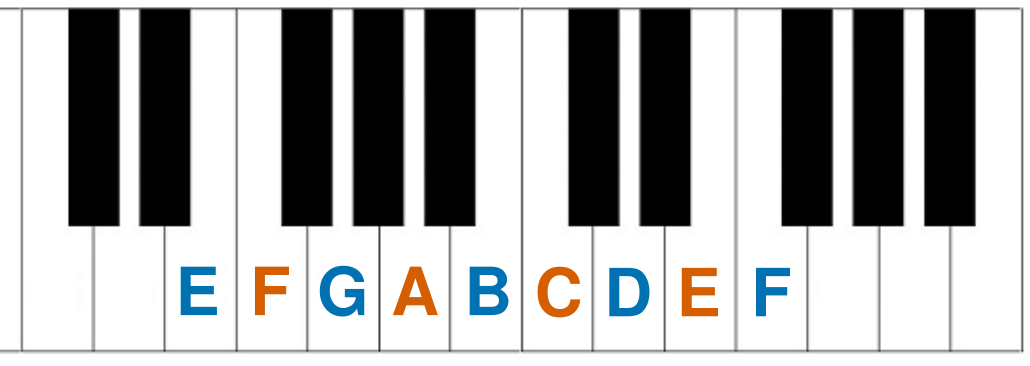
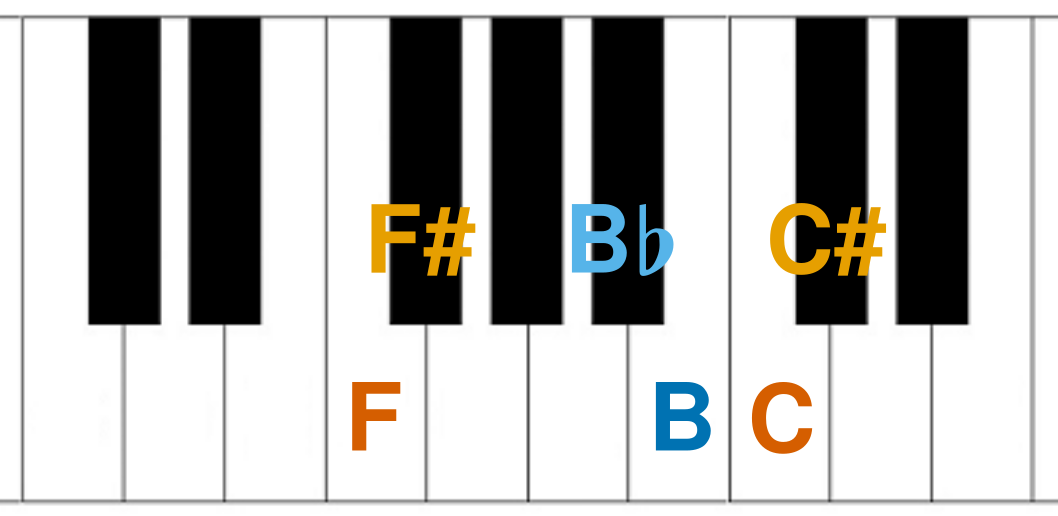


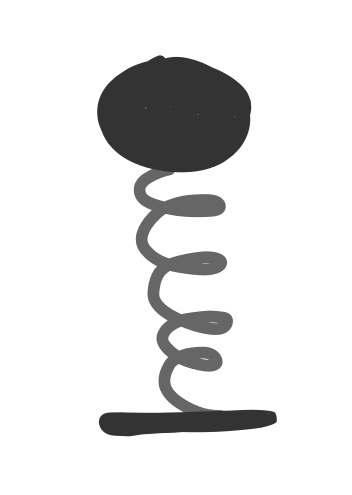
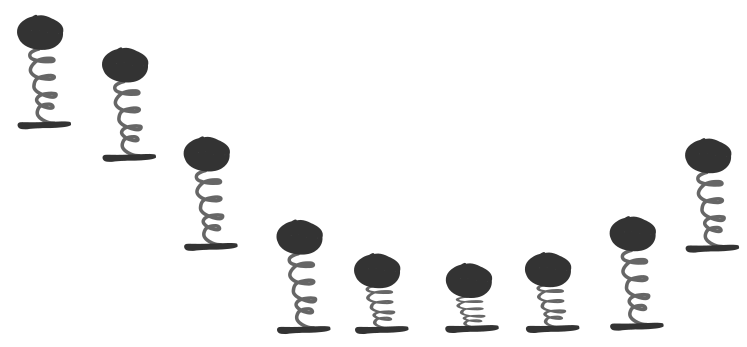
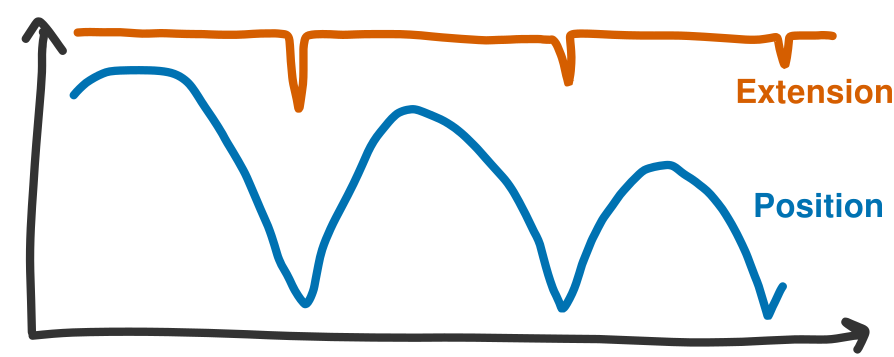
Apple Podcasts and Spotify do not show images in the episode description. Try Pocket Casts, or another podcast app.